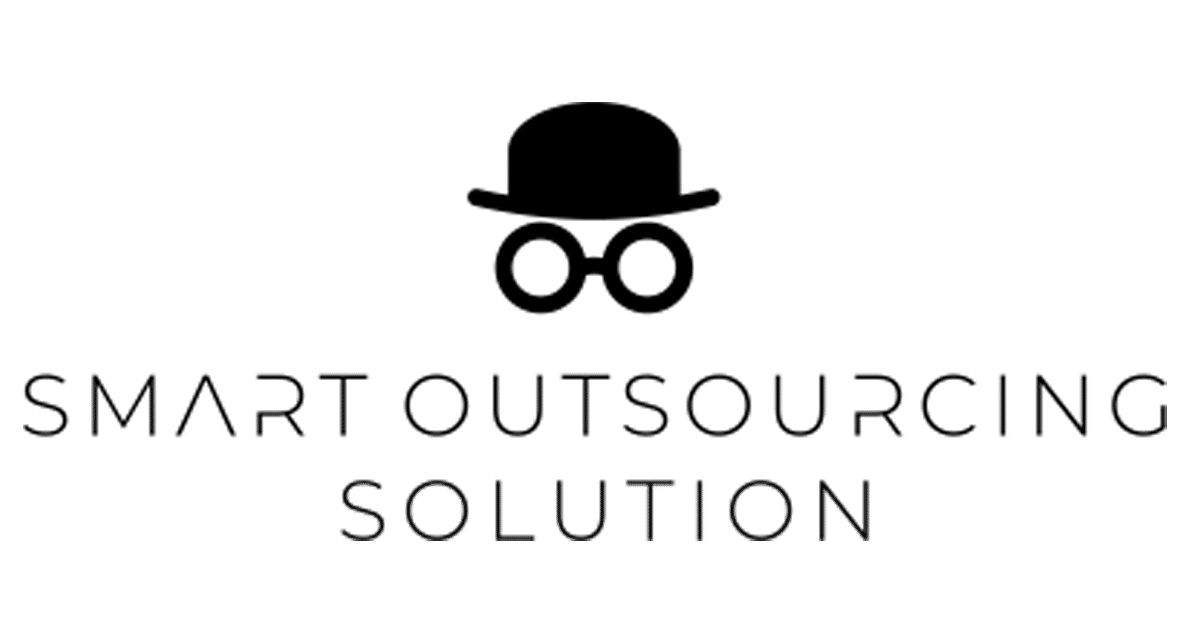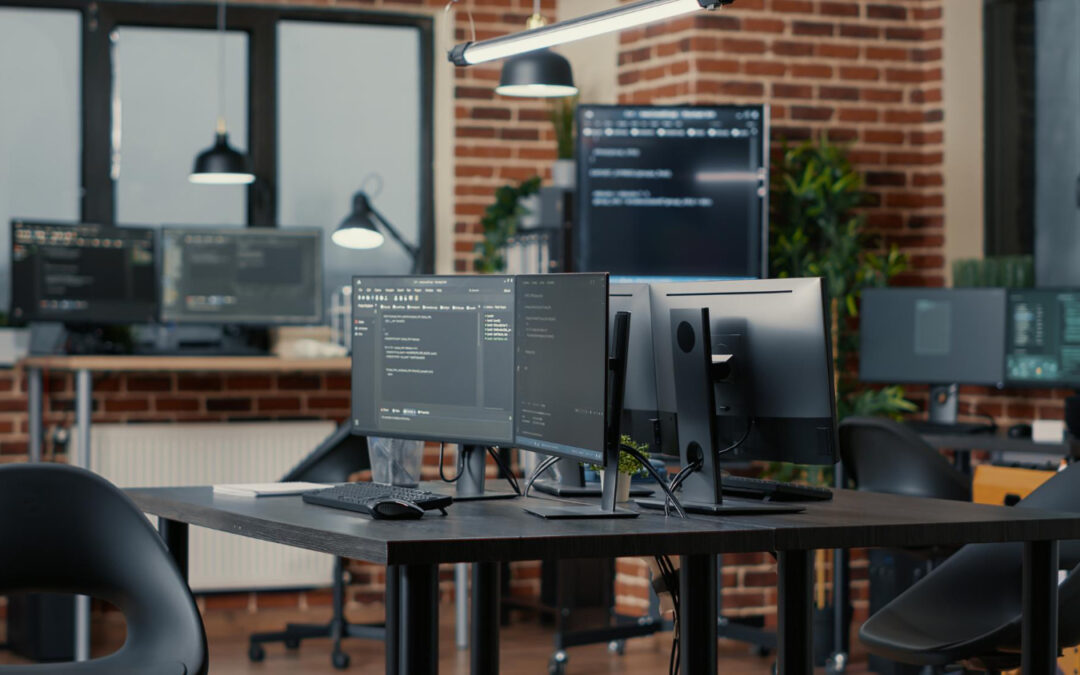The rapid rise of artificial intelligence (AI) has transformed industries by streamlining processes, enhancing efficiency, and automating repetitive tasks. Yet, amid this digital revolution, one critical truth often gets overlooked: humans remain indispensable in the AI landscape.
1. AI Needs Human Oversight
AI systems excel at processing vast datasets and recognising patterns. However, these systems lack the nuanced understanding, ethical judgement, and contextual awareness that humans provide.
📊 According to a 2023 report by McKinsey, 63% of organisations reported AI models producing biased or incorrect results without proper human oversight. (McKinsey Global Institute, 2023)
Without human guidance, AI tools risk producing biased outputs, making unethical decisions, or misinterpreting complex scenarios. Professionals are vital to guiding AI decisions, ensuring accuracy, and mitigating potential harm.
2. Creativity and Innovation Are Human Strengths
AI thrives on analysing past data, but innovation often requires out-of-the-box thinking and creative problem-solving—skills that remain uniquely human.
💡 For example, OpenAI’s GPT models can suggest content ideas, but it takes human creativity to craft compelling stories and marketing strategies that resonate with audiences. (OpenAI Research)
3. Emotional Intelligence and Empathy
AI systems cannot replicate human empathy, which is crucial in customer service, leadership, and interpersonal communication. Understanding emotions, building trust, and demonstrating compassion are qualities that foster meaningful relationships—elements that even the most advanced AI struggles to grasp.
👥 Research from Deloitte shows that 90% of successful business leaders attribute their success to emotional intelligence and empathy. (Deloitte Insights, 2023)
4. Ethical Considerations and Accountability
AI’s decision-making processes are often opaque, creating risks related to privacy, bias, and accountability. Humans must remain at the helm to define ethical boundaries, set responsible usage guidelines, and ensure AI systems align with organisational values and societal norms.
⚠️ A 2022 study from PwC highlighted that 73% of consumers are concerned about how AI handles personal data, reinforcing the need for human oversight in data governance. (PwC AI Predictions Report, 2022)
5. The Need for Continuous Improvement
AI systems require ongoing refinement, retraining, and adaptation to remain effective. Data scientists, developers, and domain experts play key roles in tuning algorithms, identifying blind spots, and ensuring models are aligned with real-world needs.
🔧 Companies that regularly retrain their AI models experience a 35% improvement in performance, according to Gartner. (Gartner Report on AI Trends, 2023)
For businesses seeking skilled professionals to manage these tasks effectively, providers like Smart Outsourcing Solution (SOS) offer reliable AI staff leasing services to ensure seamless collaboration between technology and human expertise.
Embracing AI as a Collaborative Tool
Rather than viewing AI as a replacement for human roles, businesses should embrace it as a powerful collaborator. By integrating AI with human expertise, organisations can unlock greater productivity, innovation, and ethical responsibility.
As AI continues to evolve, companies that prioritise human involvement alongside automation will be better equipped to harness the true potential of intelligent systems—delivering results that are not only efficient but also thoughtful, responsible, and impactful.
➡️ Looking to enhance your AI capabilities with expert human support? Contact Smart Outsourcing Solution (SOS) today to learn how their AI staff leasing services can help you stay ahead in the evolving digital landscape.




